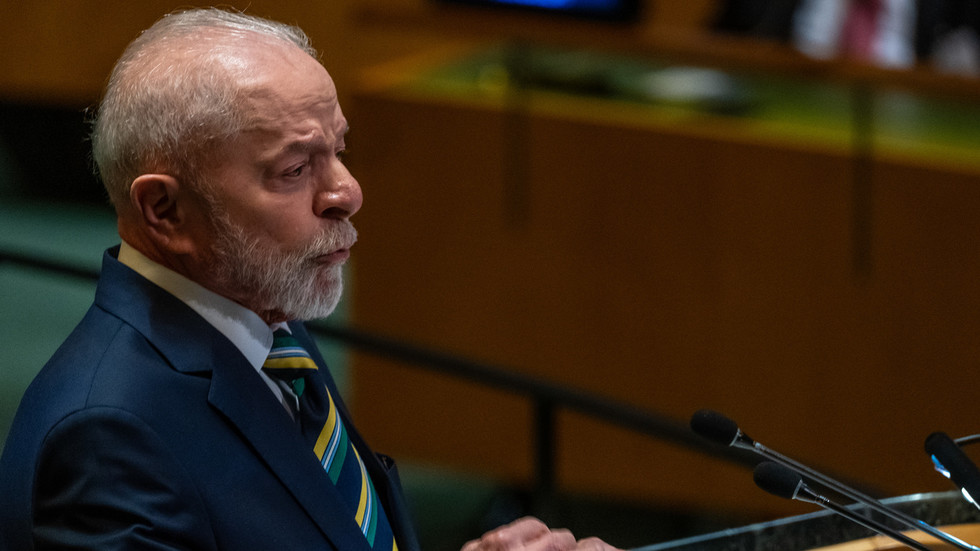Brazilian President Luiz Inacio Lula da Silva has announced that he will be unable to attend the upcoming BRICS summit in Kazan, Russia, which is set to begin on Tuesday. This decision comes after the president suffered a head injury, resulting from an accident at his home. Lula, who was scheduled to engage with influential leaders such as Russian President Vladimir Putin and Chinese President Xi Jinping during the conference, will instead participate virtually. His office confirmed that under medical advice, the 78-year-old leader will avoid long-distance flights for the time being. Brazil’s Foreign Minister Mauro Vieira will attend the summit in his place, marking a significant alteration in the expected Brazilian delegation.
The medical situation that led to Lula’s withdrawal from the summit is alarming yet somewhat typical for his age group. Lula was hospitalized after receiving blunt trauma to the back of his head, which he reportedly sustained from a fall in his bathroom. Fortunately, he has been discharged from the hospital and is on the mend, although the medical advice to abstain from long-distance travel adds a layer of complication to national and international engagements. This unfortunate event not only underscores Lula’s health but also raises questions about future leadership appearances and the ability to navigate health challenges while fulfilling international duties.
BRICS, an acronym for Brazil, Russia, India, China, and South Africa, was originally formed in 2006 with the goal of enhancing economic collaboration among its member nations. Over time, the group has expanded to include several other countries, broadening its focus beyond just trade to cover critical issues like global security and development. Lula’s remarks from the previous year linger in importance: he emphasized the collective strength of the BRICS nations, which together comprise roughly a third of the world economy. This summit represents a crucial platform for BRICS leaders to connect and strategize on pressing global challenges, thereby highlighting Lula’s absence as a notable gap.
The decision for Lula to attend the conference via videoconference alleviates some concerns regarding his engagement but does not fully substitute for in-person diplomacy. Virtual participation can often lack the personal touch and immediacy that face-to-face meetings provide, especially in matters of urgent significance such as trade agreements and geopolitical issues. The degree to which Lula can influence discussions remotely is an open question, particularly as he deals with the immediate effects of his injury. Reports suggest that he anticipates returning to his regular schedule later in the week, indicating his desire to maintain continuity in his responsibilities despite the setbacks.
The BRICS summit is not just a platform for economic dialogue; it represents a significant geopolitical arena where member countries can solidify their alliances. Lula’s ability to drive Brazil’s interests is key in positioning the nation as a leading voice within this coalition. The necessity of strong leadership during these crucial discussions is further emphasized by the ongoing economic challenges faced by many member nations due to global uncertainties. Hence, Lula’s remote participation could potentially reshape the dynamics of negotiations and the overall strategic agenda of the summit.
In conclusion, while President Lula’s health issues pose a temporary impediment to his physical attendance at the BRICS summit in Kazan, his participation via videoconference ensures that Brazil remains engaged in vital discussions affecting its future and that of its allies. The BRICS alliance is essential for its member states to navigate an increasingly complex global landscape, and Lula’s historical stature in Brazilian and global politics adds weight to the proceedings, even from afar. As this event unfolds, the resilience of leadership and the capacity for nations to adapt to unforeseen circumstances will be closely watched by both domestic and international observers.

